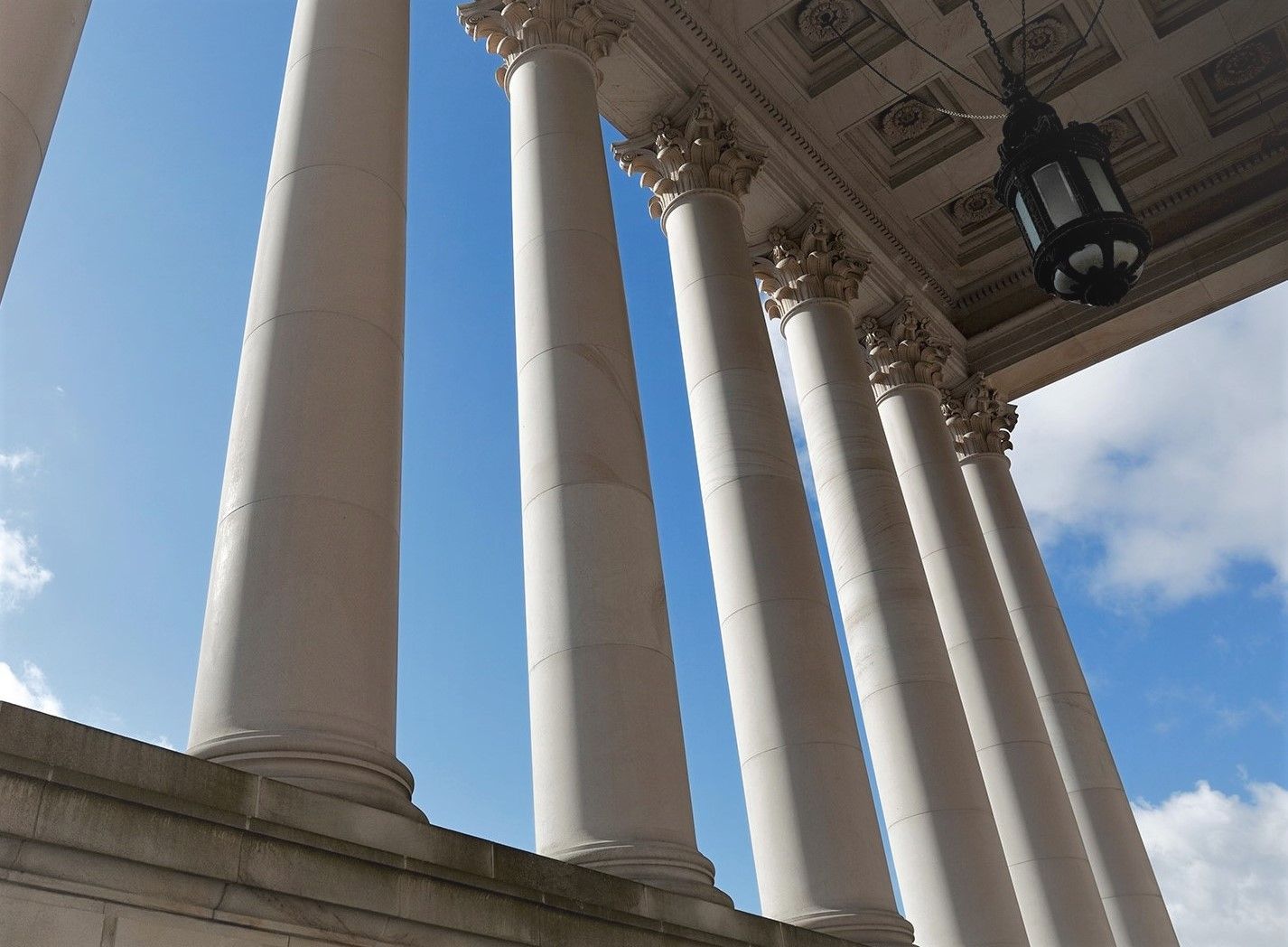
In a closely watched case, the Second U.S. Circuit Court of Appeals held on July 8, 2019 that President Trump violated the First Amendment by blocking disfavored users on his @RealDonaldTrump Twitter account. This important ruling—along with similar recent decisions from the Fourth and Fifth Circuits—confirms that there are meaningful constitutional limits on how public officials can use social media platforms and when they can restrict private citizens' speech on such platforms.1
Central to the Second Circuit's ruling was its conclusion that President Trump and his administration present his @RealDonaldTrump account as an official account—not a personal one. Because the account was properly considered government-controlled property, when the President blocks users from this account, he is engaged in state action subject to First Amendment scrutiny and "he may not selectively exclude those whose views he disagrees with."2
The court rejected the government's argument that users' speech becomes government speech when posted to the President's feed. The Second Circuit explained that while the President's tweets themselves may be government speech, user interactions with those tweets remain private expressive conduct protected by the First Amendment from being blocked or limited by the President.
At the same time, however, the Second Circuit was careful to note that not every social media account used by a government official necessarily counts as a government account. Government officials may maintain truly private accounts, but while they use those accounts for official government business, the First Amendment applies.
The court also made clear that its opinion did not "consider or decide whether private social media companies are bound by the First Amendment when policing their platforms."3 Therefore, this case does not directly affect other cases analyzing whether the First Amendment limits the ability of online platforms to control speech on their own services, cases in which Wilson Sonsini Goodrich & Rosati has represented Google and Twitter.
For more information about the case or the court's order, please contact Brian Willen, Lauren Gallo White, or any member of the firm's internet strategy and litigation practice.
Contributors
- Privacy Policy
- Terms of Use
- Accessibility

